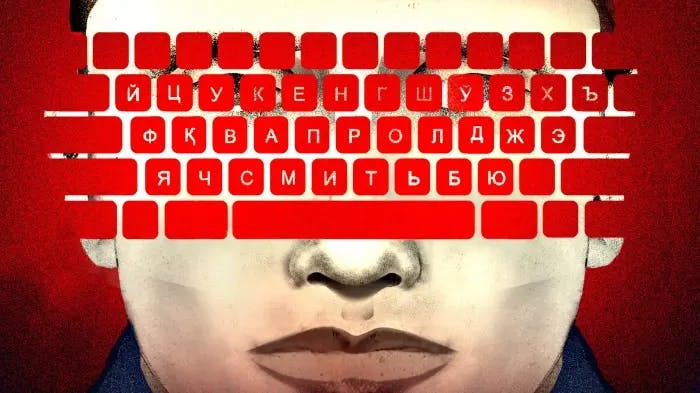In February 2021, when Myanmar’s military took over in a coup, Wai Phyo Mint saw her country’s internet being cut off. The military didn’t just take over government buildings and TV stations; they also shut down the internet, turning Myanmar into a “digital dictatorship,” as human rights experts later called it. Meanwhile, far away in Chile, a small satellite named CTC-0 was orbiting Earth, holding the beginnings of a technology that could one day prevent such internet shutdowns. Most people might have thought this was just a coincidence, but not Wai Phyo. Before the coup, she was a digital rights activist, tracking how authoritarian governments were using the internet against their people.
This made her believe that the fight for digital freedom needed more than just better laws or stronger encryption; it needed a whole new kind of internet that no single authority could turn off.
source: https://www.techpolicy.press/fourth-year-under-myanmar-militarys-digital-iron-curtain
Years later, in October 2025, she saw something amazing: the first blockchain transaction sent through space, from Chile to Portugal using the CTC-0 satellite. This was a test showing how SpaceCoin’s satellite network could work without using the Earth’s internet systems.
“Can we send cryptographic signatures to space intact? Without it, we cannot build a decentralized network of communications satellites and fulfill the vision of building permissionless connectivity,” SpaceCoin founder Tae Oh said after the successful test.
After seeing her country’s digital infrastructure used against its people, Wai Phyo realized the deep impact. This wasn’t just a technical success; it was the first sign of an internet that governments couldn’t shut down, companies couldn’t control, and censors couldn’t silence.
The Rising Wave of Digital Darkness
The statistics show a worrying trend in our digital age. In 2024, there were 296 internet shutdowns in 54 countries, a 35% increase from the year before. Myanmar had 85 shutdowns, followed by India with 84, making Myanmar the top country for digital repression since 2018. These numbers affect real people: students can’t access online classes, doctors lose telemedicine, families are separated, and journalists are silenced. In Russia, using Instagram, Facebook, or YouTube without a VPN became almost impossible after the Ukraine invasion.
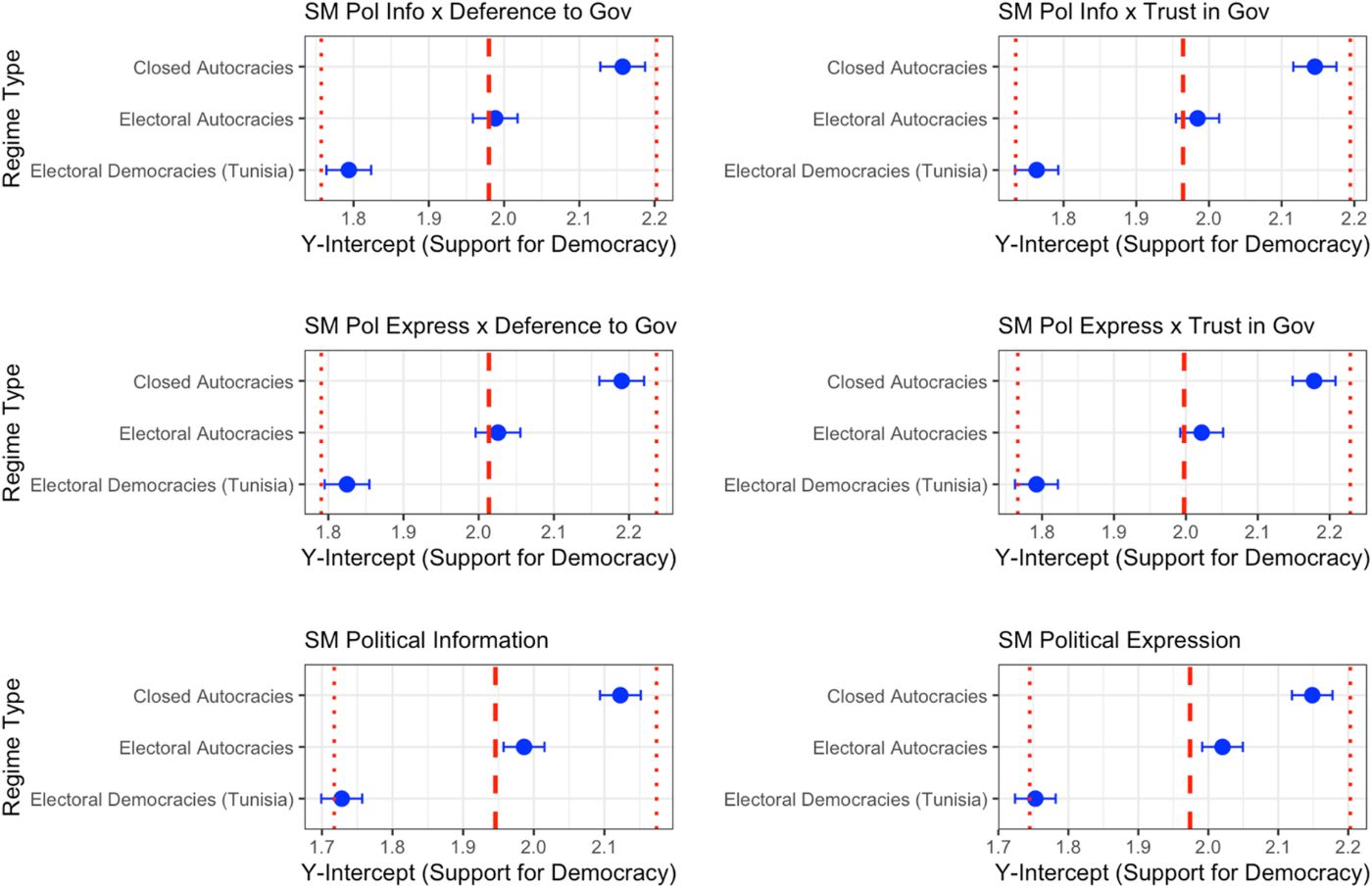
The government blocked many websites for not following strict laws, and strong firewalls made it hard to get around these blocks. It’s estimated that about half of Russia’s population doesn’t know how to use a VPN, leaving them more isolated online.
source: https://www.hrw.org/report/2025/07/30/disrupted-throttled-and-blocked
Around the world, China’s “Great Firewall” works as a surveillance system, keeping its internet separate from the global web. In Myanmar, the military blocks VPNs and watches communications, creating a “digital dictatorship.” Even democracies like France and Thailand restricted internet access during unrest in 2024. Tools for digital oppression have improved, with governments using jamming devices, cutting cables, and deep packet inspection to control information, turning a simple on-off switch into a tool for social control.
The Weaknesses of Today’s Internet
Our internet infrastructure is vulnerable because it is centralized, meaning it can be controlled or shut down by those in charge. Data passes through ISPs, undersea cables, and government gateways, each of which can fail. For instance, Myanmar’s military cut off internet access, and Russia blocked foreign media at the ISP level. This centralized system, once needed to connect faraway computers, now creates “single points of failure” that can disrupt whole networks.
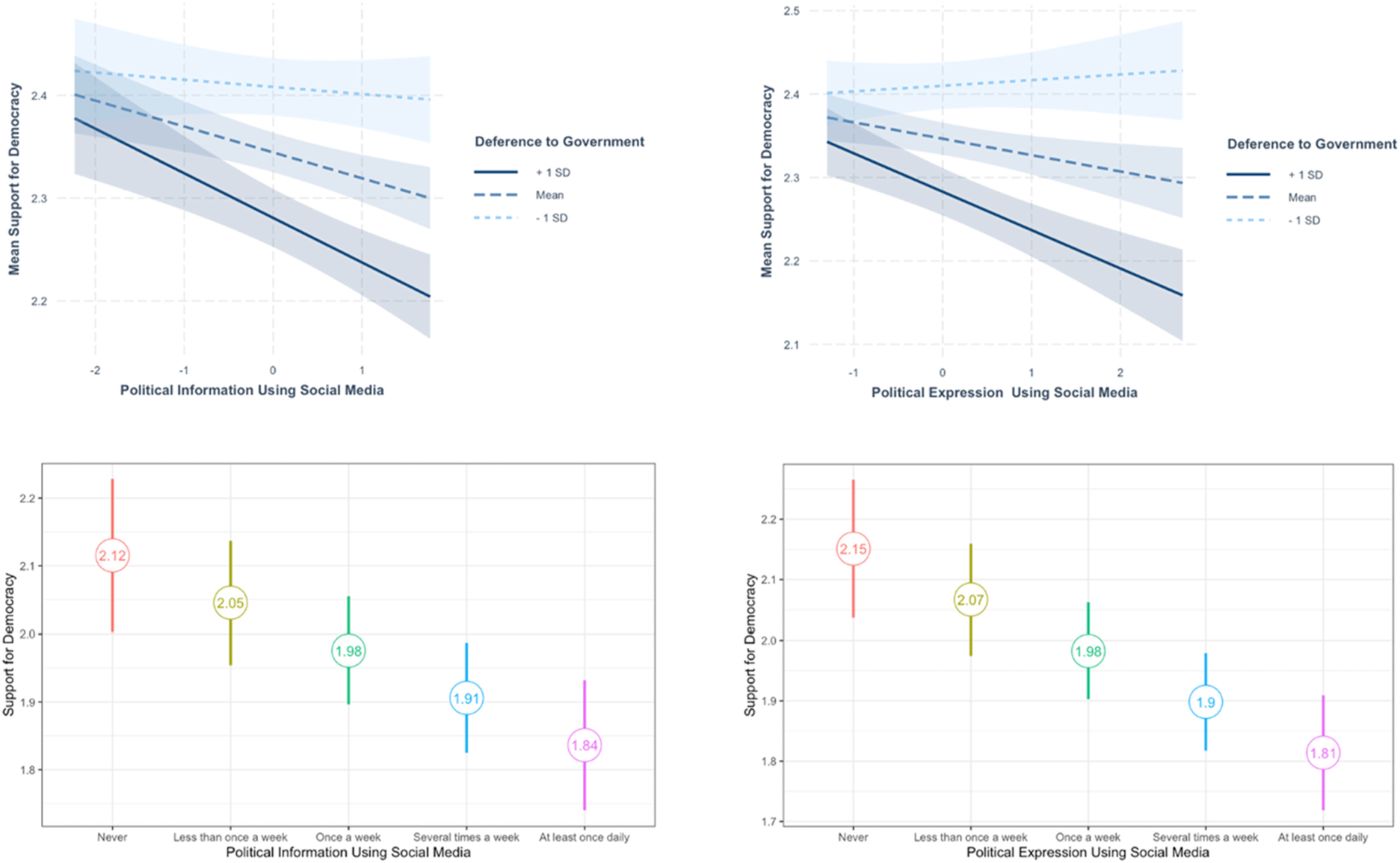
Even in democratic countries, a few big companies control most of the internet infrastructure. Their policies, influenced by government or business interests, can control what billions of people see and say online. Events like the 2024 submarine cable cuts, which affected 25% of traffic between Asia, Europe, and the Middle East, or the three-hour outage in Chad due to fiber cuts in Cameroon, show how vulnerable our internet is to physical disruptions. Depending on land-based infrastructure also causes geographical inequalities, as rural areas often don’t have reliable access because it’s not profitable for ISPs to build there.
How SpaceCoin Counters Censorship
SpaceCoin’s censorship resistance depends on satellites not controlled by Earth authorities, working outside normal rules. In October 2025, SpaceCoin’s CTC-0 satellite sent a blockchain transaction from Chile to Portugal without using Earth-based internet, confirmed on the Creditcoin blockchain. It used S-band radio waves to send an encrypted message, showing that space networks can be alternatives to traditional systems.
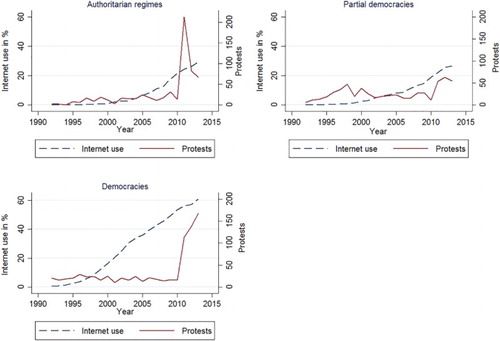
Satellite networks offer backup that ground networks don’t have, as governments can shut down local internet but can’t easily disable satellites. SpaceCoin’s blockchain boosts censorship resistance by making sure communications can’t be changed without being noticed. Every transaction is cryptographically signed, making it almost impossible to change the content without breaking the signatures, which would alert users to any tampered communications.
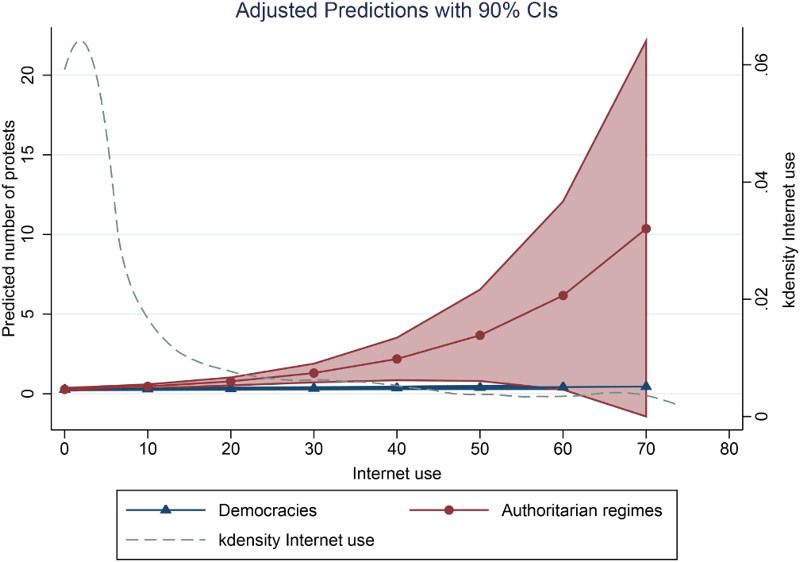
Blockchain’s decentralized setup stops any central authority from censoring content. Unlike regular platforms, blockchain networks use shared agreement, so no one entity is in charge. SpaceCoin’s satellite network provides a backup against political control. When countries cut off internet access, they use points they can control, but satellites can bypass these problems. If one satellite is blocked, others can step in. Satellite communications only need a receiver and software, making it tougher for authorities to block access. The CTC-0’s store-and-forward feature lets communication go on without needing real-time connections.
SpaceCoin as a Civilizational Tool
Satellite-based censorship-resistant communications are crucial for access to uncensored information, which is vital for human progress. Even though the UN sees internet access as a human right, governments can still shut down digital communications. This affects the 2.6 billion people offline and many more under censorship, limiting their participation in modern society. Information freedom includes access to education, healthcare, economic opportunities, and cultural exchange. Blocking internet access silences critics and cuts citizens off from global knowledge.
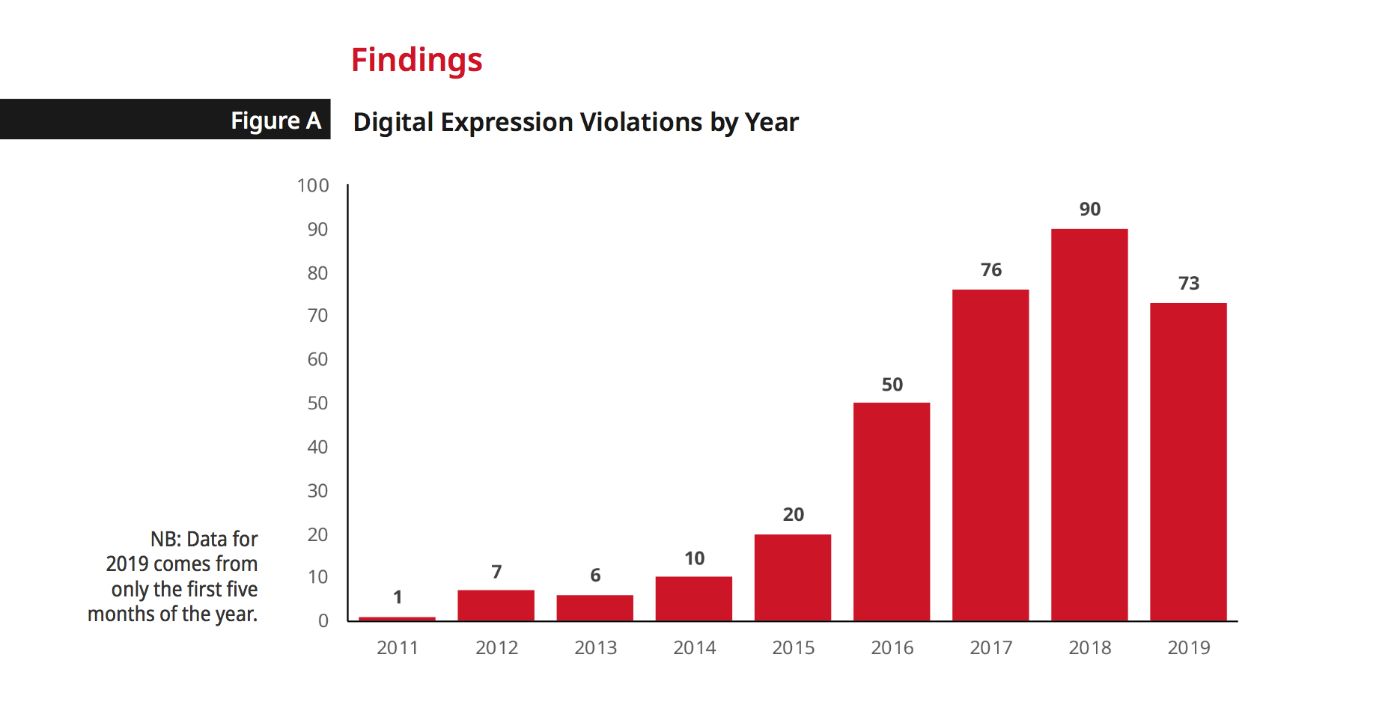
SpaceCoin’s satellite network aims to achieve “information sovereignty,” meaning access to information shouldn’t be controlled by governments. Like international waters offer neutral space, orbital space could provide neutral infrastructure for global communications. This challenges national control over information but aligns with the internet’s original decentralized design. SpaceCoin embodies these founding principles globally.
Guaranteed by Space
The unique nature of space is ideal for protecting information freedom because satellites operate where traditional control is limited. Governments can jam signals or restrict ground equipment, but these actions are costly and noticeable. Jamming requires special tools and can disrupt other radio uses, possibly violating international rules. Since satellites cover large areas, censorship becomes an all-or-nothing choice, forcing governments to jam signals across their entire territory or allow communications. This makes censorship more obvious and expensive, discouraging most governments. SpaceCoin’s space-based blockchain transaction shows that space infrastructure could support a separate internet, serving as a backup to ensure information freedom if ground networks fail.
The Technical Reality
Censorship-resistant satellite communications have big challenges. Current systems like Starlink are centralized, and SpaceCoin’s decentralized model is still being developed. Launching satellites is expensive, and satellite internet costs more than land-based options. To make it available to billions, we need tech improvements and lower costs. There are also worries about criminals or terrorists misusing it. Despite these problems, it’s important to create censorship-resistant communications to fight digital control, needing both tech and political solutions.
Democracy’s Digital Lifeline
If free speech is the foundation of democracy, SpaceCoin is a key partner in the digital age, allowing free communication and access to uncensored information without government control. The 296 internet shutdowns in 2024 are attacks on democracy, letting governments silence opposition and control information. SpaceCoin’s space-based blockchain promises a future where communication freedom is secured by satellites beyond government reach. Although still in early stages, the first blockchain transaction through space shows that truly free, censorship-proof communication is possible and inevitable.
Just as Hans Berger’s curiosity led to brain-computer interfaces for paralyzed patients, SpaceCoin’s mission for censorship-free communication could change how we share information. Our journey to digital freedom began with activists looking for ways to communicate freely. While early pioneers didn’t imagine satellites carrying blockchain transactions, their dream of open communication is becoming real through technology that makes censorship impossible.
The battle against digital censorship has moved beyond Earth, into space, where no government has control. In that orbital frontier, the dream of truly free speech may finally find its home among the stars.

